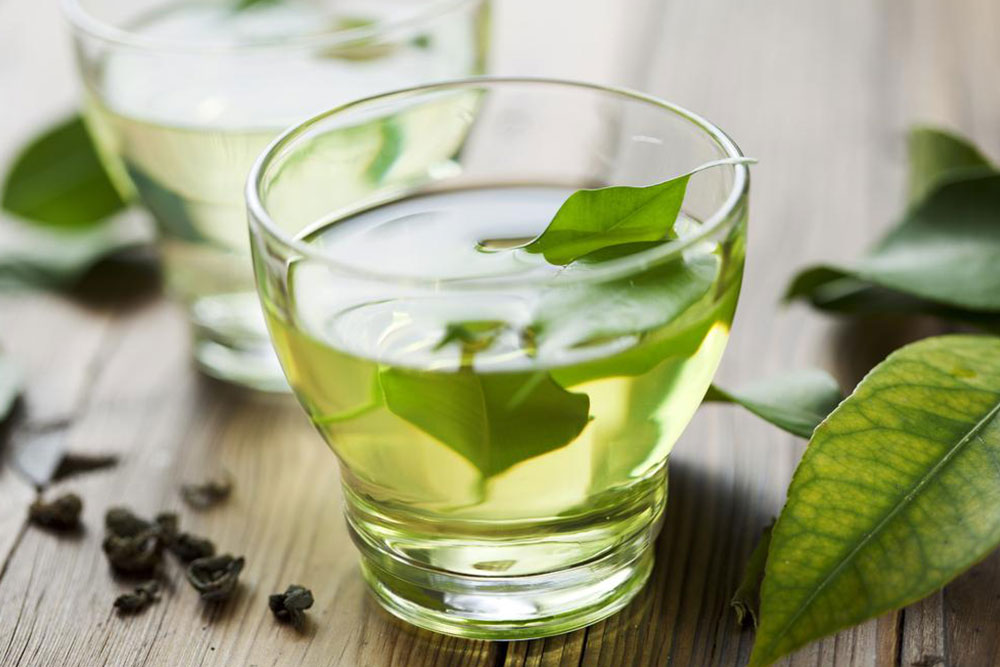Effective Strategies for Relieving Abdominal Bloating and Gas
Discover effective natural remedies and lifestyle tips to relieve bloating and excess gas. Learn about causes like dehydration, food allergies, and bacterial overgrowth, and explore home treatments such as ginger, chamomile, and fennel seeds. Incorporate healthy habits to support digestion and prevent discomfort, but seek medical advice if symptoms persist. This guide empowers you to manage bloating naturally and maintain digestive health effectively.
Sponsored

Experiencing a swollen belly? Noticing frequent burping or excess flatulence? These symptoms often indicate an accumulation of excess gas in the digestive system.
What Causes Abdominal Bloating?
Digestive disorders like celiac disease, irritable bowel syndrome, and ulcerative colitis frequently cause bloating. Nearly 90% of IBS patients report this issue.
Dehydration, especially after consuming salty foods, can lead to water retention and bloating. Imbalance of electrolytes combined with dehydration causes water buildup, making your stomach feel distended.
To combat bloating, drinking enough water helps maintain electrolyte balance and prevents dehydration. Fluid retention, often in the abdominal area, also contributes to bloating. Food allergies, like lactose intolerance or gluten sensitivity, can trigger bloating as part of allergenic reactions. Foods such as processed items, baked goods, and dairy are common culprits.
Constipation, resulting from low fiber intake or insufficient hydration, can cause bloating. Additionally, small intestinal bacterial overgrowth (SIBO), where abnormal bacteria overpopulate the intestines, produce gases that lead to distension. This condition often emerges due to inflammation, poor digestion, or medication use, and the bacteria ferment food, generating excess gases.
Natural Remedies for Bloating Relief
While bloating can be uncomfortable and embarrassing, several home remedies can provide quick relief.
Ginger
Ginger is renowned for its medicinal benefits, including relieving bloating. It contains compounds that soothe the digestive tract, reduce inflammation, and relax intestinal muscles. As a carminative, ginger helps prevent excess gas from forming and facilitates its expulsion.
Chamomile Tea
Chamomile possesses anti-inflammatory and antispasmodic properties, making it effective against stomach inflammation and cramps. Drinking chamomile tea can alleviate indigestion, reduce bloating, and prevent heartburn, offering soothing relief.
Warm Lemon Water
Lemon juice acts as a natural detoxifier, helping to eliminate toxins and bacteria. Its acidity stimulates stomach acid production, enhancing food breakdown and preventing bloating. Regularly drinking warm lemon water can improve gastrointestinal function.
Peppermint Tea
Peppermint tea is effective at easing digestive pressure and cramps. Its antispasmodic effect relaxes the muscles of the gastrointestinal tract, reducing bloating and discomfort.
Fennel Seeds
Fennel seeds are useful for gas and irritable bowel symptoms. They help inhibit gas production, expel existing gases, and have antimicrobial properties that combat bacterial overgrowth. Additionally, fennel acts as a muscle relaxant and diuretic, alleviating pain and reducing fluid retention.
Maintaining a diet rich in fiber, limiting salty and processed foods, staying hydrated, and engaging in regular physical activity can prevent bloating. However, if symptoms persist, consult a healthcare professional to rule out underlying health issues.






